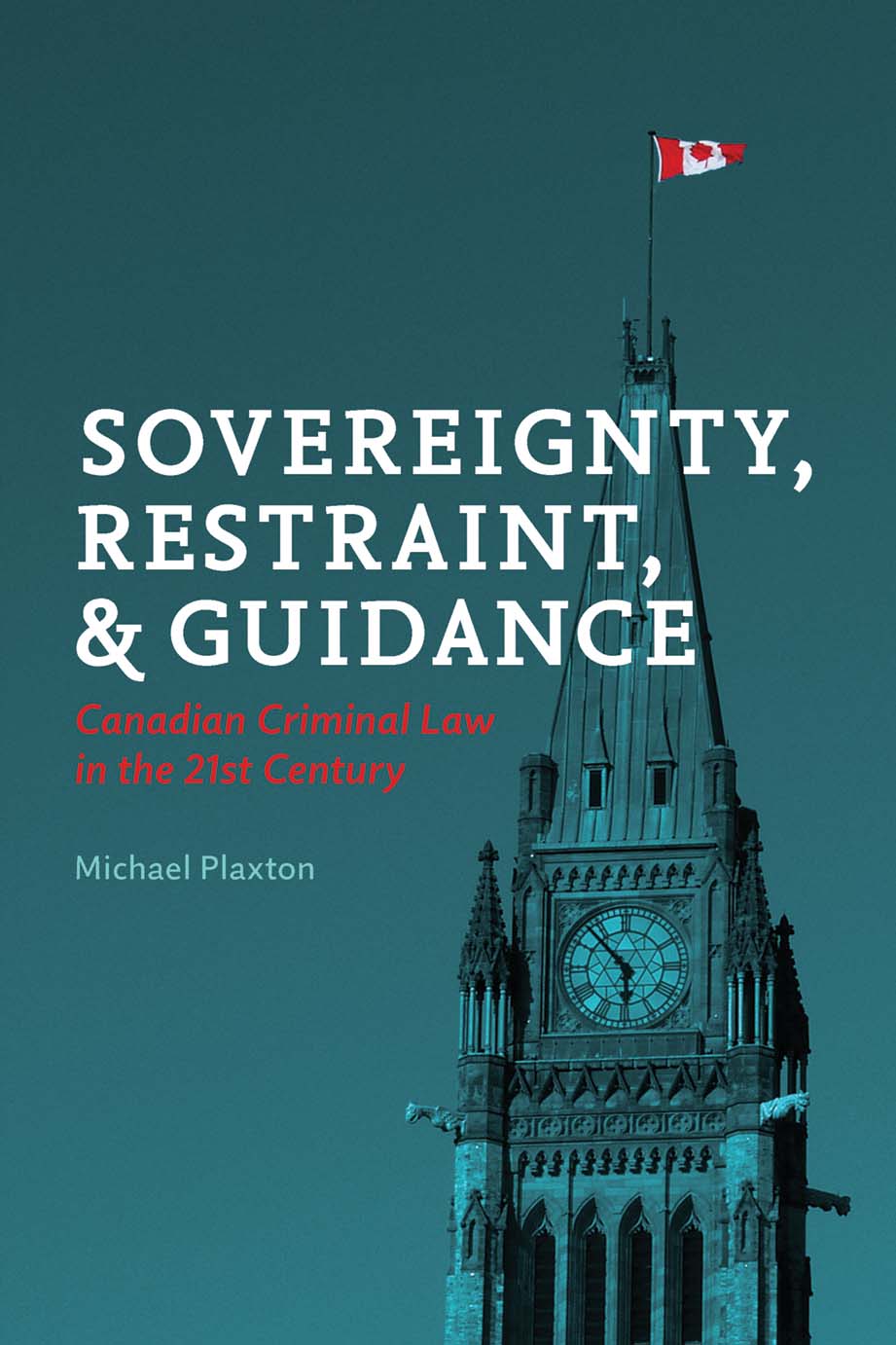Product Description
Students, academics, and lawyers often think of the substantive criminal law as if it were just another branch of the common law. On this understanding, it falls to the courts to decide on a case-by-case basis what conduct should and should not be criminal and which defendants deserve punishment. In Sovereignty, Restraint, and Guidance, Michael Plaxton argues that this model badly distorts both the role of the courts and the central purpose of criminal offences. In the course of a wide-ranging discussion, Plaxton presents an alternative and innovative vision – one that more accurately reflects Parliament’s constitutional position and more successfully explains the bulk of Canadian criminal law. Sovereignty, Restraint, and Guidance will provoke discussion and debate among practitioners, students, theorists, and anyone interested in reflecting upon the state of criminal law in Canada today.
Introduction: Three Pillars of Canadian Criminal Law
1. Mostly Sovereign
2. Reading Criminal Offences
3. Common Law Expansions of Criminal Liability
4. Courts Constraining Parliament? Restraint and De Minimis
5. Presuming Restraint
6. Consent and Restraint in the Law of Assault
7. “A Complex Piece of Writing”
8. A More Modest Principle of Voluntariness
9: Representative Labelling
10. Fault and Guidance
11. Mistake and Moral Proximity
12. Guidance, Culpability, and Mistake of Law
13. Justifications, Excuses, and Institutional Defences
14. Incapacity and the Ladder of Agency
Coda
Table of Cases
Index
About the Author
This book was a pleasure to read. Plaxton’s lucid analysis has generated fresh insights and questions in equal measure, which will inform my decisions in the future.
Justice David H Doherty, Court of Appeal for Ontario
Professor Plaxton has refreshed Canadian literature on matters of substantive criminal law with a searching and rigorous analysis. His exposition of settled principles is sure. His arguments on matters of continuing debate are penetrating. The result is a sustained presentation of themes and variations in the service of an overarching thesis. This book is consistently rewarding and most welcome.
Justice Patrick Healy, Court of Appeal of Quebec




